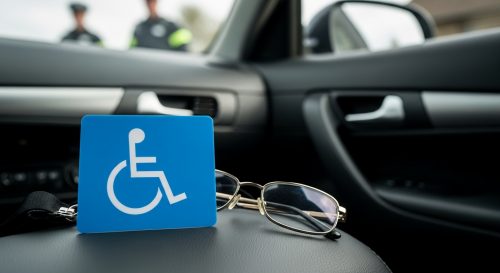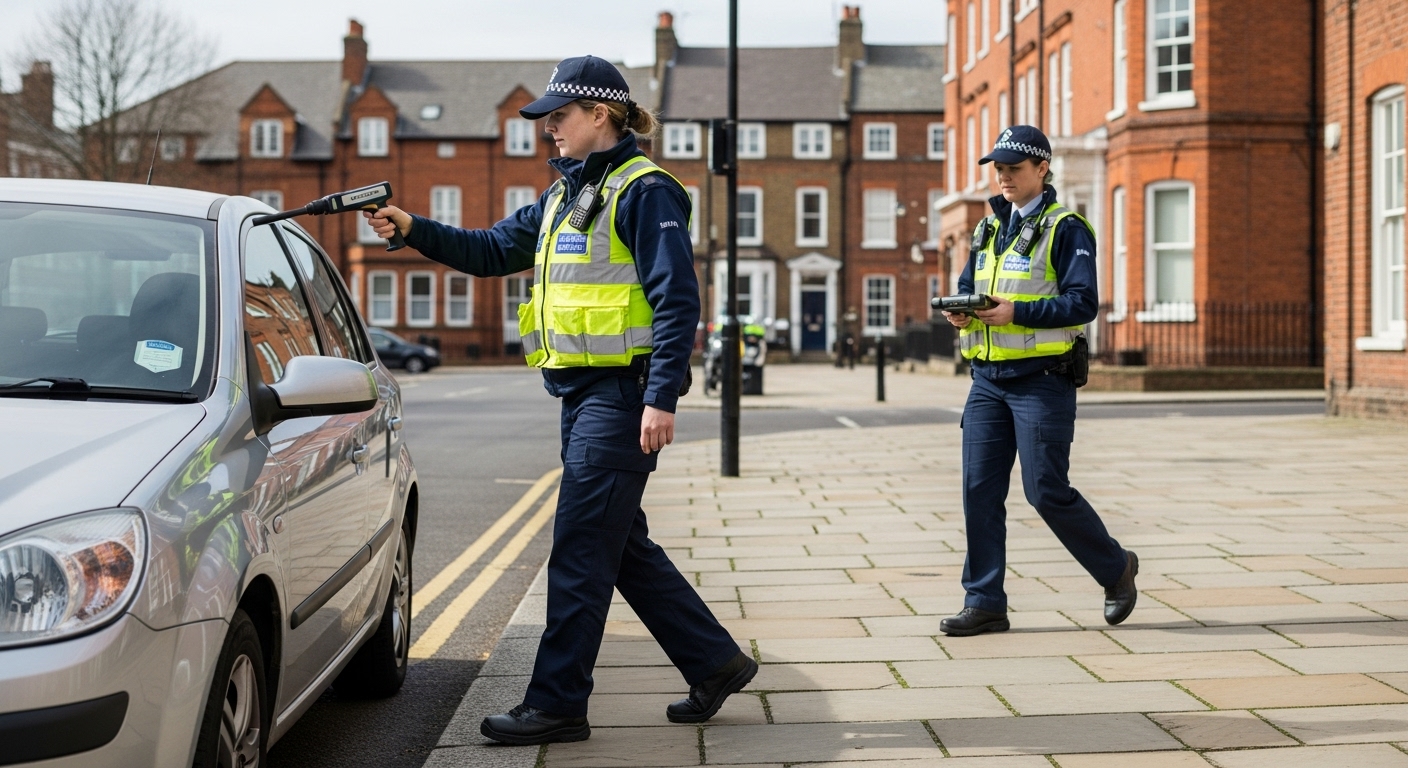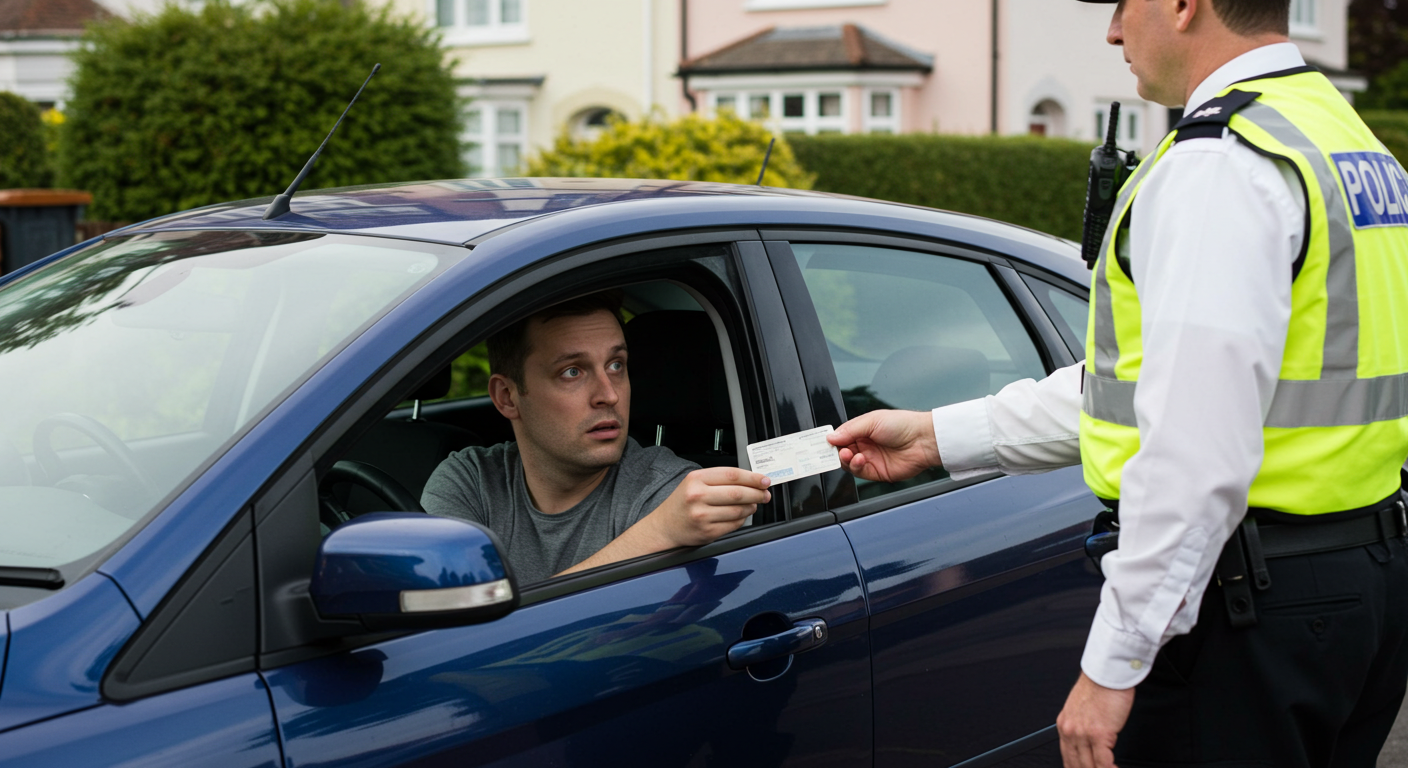Disabled Badge Misuse Penalties Across the UK

Disabled Badge Misuse Penalties Across the UK
The Blue Badge scheme provides essential parking concessions for individuals with disabilities, enabling them to access critical services and facilities more easily. However, misuse of these badges undermines the integrity of the scheme and can lead to significant penalties.
This article examines disabled badge misuse penalties across the UK, highlighting regional variations, enforcement strategies, and the consequences of non-compliance.
Why Penalties for Blue Badge Misuse Matter

The penalties for Blue Badge misuse serve several purposes:
- Protecting Accessibility: Misuse deprives individuals with genuine needs of priority parking spaces.
- Deterring Fraud: Strict penalties discourage fraudulent use of badges.
- Maintaining Public Trust: Enforcement ensures fairness and upholds the scheme’s credibility.
Common Forms of Disabled Badge Misuse
Before diving into penalties, it’s essential to understand what constitutes misuse:
- Using a Badge Without the Holder Present
- Family members or friends using a badge without the badge holder accompanying them.
- Using an Expired, Lost, or Stolen Badge
- Continuing to use a badge that is no longer valid or reported missing.
- Lending a Badge to Someone Else
- Allowing another person to use the badge, even with good intentions.
- Altering or Forging a Badge
- Creating counterfeit badges or tampering with legitimate ones.
Penalties for Blue Badge Misuse Across the UK

Penalties for misuse are determined by local councils, with variations in enforcement practices and fines across England, Scotland, Wales, and Northern Ireland.
- England
Local councils in England take Blue Badge misuse seriously, employing fines and confiscation as primary deterrents.
- Fixed Penalty Notices (FPNs):
- Fines range from £100 to £1,000 depending on the severity of the offence.
- Badge Confiscation:
- Misused badges are confiscated on the spot, and the badge holder must reapply.
- Court Prosecution:
- Severe cases, such as forgery or repeated misuse, may result in prosecution under the Fraud Act 2006. Convictions can lead to fines, community service, or imprisonment.
Example:
In Manchester, a driver was fined £800 for repeatedly using a family member’s badge to park near their workplace.
- Scotland
In Scotland, enforcement is similarly robust, with councils working to prevent both intentional and accidental misuse.
- On-the-Spot Fines:
- Councils issue penalties starting at £200, with higher fines for serious offences.
- Badge Seizures:
- Misused badges are immediately confiscated, with the potential for a formal investigation.
- Prosecution for Fraud:
- Offenders face charges under the Road Traffic Regulation Act 1984, which can result in criminal records and substantial fines.
Example:
In Glasgow, a resident was fined £500 and prosecuted after altering the expiry date on their Blue Badge.
- Wales
In Wales, councils emphasise public education alongside enforcement to minimise unintentional misuse.
- Fixed Penalty Notices:
- Fines typically range from £100 to £500.
- Warnings for Minor Offences:
- First-time offenders may receive warnings instead of fines if the misuse was accidental.
- Prosecution for Severe Cases:
- Deliberate misuse or fraud is prosecuted, with penalties mirroring those in England and Scotland.
Example:
A Cardiff resident was fined £300 after being caught using a friend’s Blue Badge to park in a hospital car park.
- Northern Ireland
In Northern Ireland, the Department for Infrastructure oversees the Blue Badge scheme, with penalties similar to those in other UK regions.
- Spot Checks and Fines:
- Fines start at £200 and can exceed £1,000 for repeated offences.
- Criminal Prosecution:
- Fraudulent use or forgery is prosecuted under relevant legislation, leading to potential imprisonment for severe cases.
Example:
A Belfast driver received a £1,000 fine for using a deceased relative’s Blue Badge.
How Local Councils Enforce Penalties

Enforcement methods vary by council but generally include:
- Spot Checks
Parking enforcement officers conduct routine spot checks in areas with high instances of misuse, such as shopping centres and hospital car parks.
- Data Sharing
Councils share information about lost, stolen, or revoked badges to prevent misuse across regions.
- Real-Time Badge Verification
Some councils use handheld devices to verify badge details on the spot, checking validity and registered holder information.
- Public Reporting
Members of the public can report suspected misuse to their local council, triggering investigations.
Consequences of Blue Badge Misuse
The penalties for misuse extend beyond financial fines and can have long-lasting implications:
- Badge Confiscation:
- Misuse often results in the immediate seizure of the badge, leaving the legitimate holder without access to its benefits.
- Criminal Record:
- Convictions for fraud or repeated misuse result in a permanent criminal record, affecting employment and travel opportunities.
- Custodial Sentences:
- Severe cases, such as badge forgery, can lead to imprisonment.
Real-Life Case Studies of Blue Badge Misuse Penalties

Case Study 1: Repeat Offender in London
A London resident was caught using a relative’s Blue Badge three times in one year. The court fined them £1,200 and permanently revoked the badge.
Case Study 2: Badge Forgery in Manchester
A man in Manchester forged multiple Blue Badges and sold them online. He was prosecuted under the Fraud Act and received a 12-month custodial sentence and a £5,000 fine.
Case Study 3: Unintentional Misuse in Cardiff
A woman in Cardiff was fined £100 after failing to realise her badge had expired. She successfully appealed the fine by providing evidence of her renewal application.
How to Avoid Penalties for Blue Badge Misuse
- Understand the Rules
Familiarise yourself with the scheme’s guidelines, including where and how the badge can be used.
- Keep the Badge Updated
Renew the badge promptly and report any loss or theft immediately to prevent misuse.
- Display the Badge Correctly
Ensure the badge is clearly visible and properly positioned on the dashboard.
- Educate Family and Carers
Make sure anyone who assists the badge holder understands the restrictions and rules for badge use.
Disabled Badge Misuse Penalties Across the UK: Why Enforcement Matters

Penalties for Blue Badge misuse are not only about punishing offenders but also about preserving the scheme’s integrity. Enforcement ensures that priority parking spaces remain accessible for those who genuinely need them, safeguarding the rights of individuals with disabilities.
Disabled badge misuse penalties vary across the UK, reflecting the importance of fair and consistent enforcement. Whether through fines, confiscation, or prosecution, councils aim to deter misuse and uphold the scheme’s purpose.
If you have concerns about a penalty or need advice on compliance with the Blue Badge scheme, our team is here to help. Contact us for expert guidance and representation.
By respecting the rules and understanding the penalties, we can support the continued success of the Blue Badge scheme, ensuring it remains a valuable resource for individuals with disabilities.
Notice: Informational Content Disclaimer
The content provided on this website, including articles, blog posts, and other informational materials, is intended for general informational purposes only. It is not intended as, and should not be considered, legal advice.
Visitors to this website should be aware that the information presented here is not a substitute for seeking legal advice from a qualified solicitor or legal professional. Each individual's legal situation is unique, and the information provided may not be applicable to specific circumstances.
If you require legal advice or have specific legal questions, we encourage you to contact us directly. Our experienced team of solicitors is here to assist you with your legal needs and provide tailored advice to address your concerns.
Please be advised that any communication through this website, including the use of contact forms or email, does not create a solicitor-client relationship. Confidential or time-sensitive information should not be sent through this website. To establish a solicitor-client relationship and discuss your legal matters in detail, please contact us for a consultation.
We strive to provide accurate and up-to-date information, but we make no representations or warranties regarding the accuracy, completeness, or suitability of the information contained on this website. We shall not be liable for any reliance placed on the information provided herein.
Thank you for visiting our website. We look forward to the opportunity to assist you with your legal needs.




